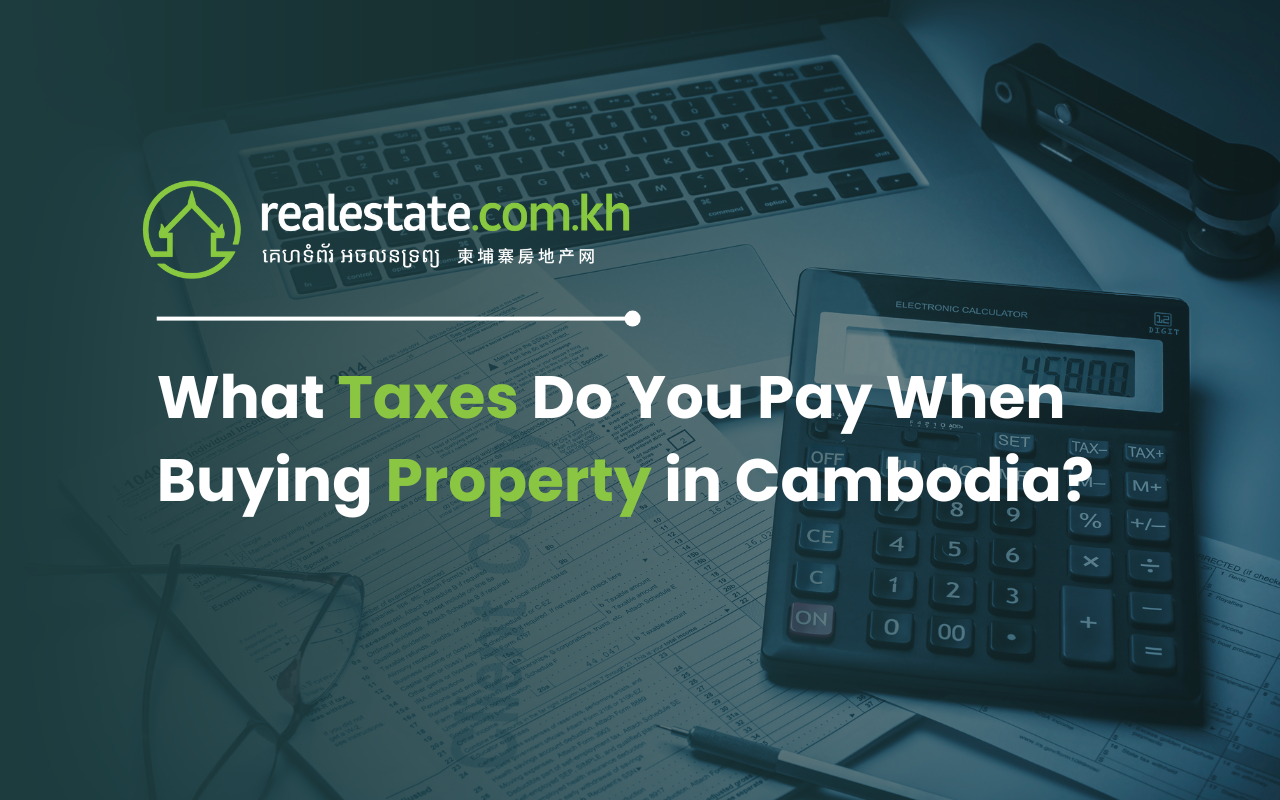
Even with the constant year-on-year 7 percent GDP growth of Cambodia and the boom of construction development across the nation, many investors still seem to be intimidated by the country and are hesitant when investing in Cambodia property.
There is a perception that investing in Cambodia might cause certain conflicts or complications, if not immediately, but down the line. Guillaume Massin expressed a different opinion in his presentation at the Inaugural Cambodia Property Show in Singapore, organized by Realestate.com.kh and PropertyGuru Singapore. Massin is the managing director & partner of DFDL Cambodia.
Massin states that Cambodia made a choice to build its legal framework before it was fully ready for implementation. Now, the country is still continuing to develop and enact the rules and regulations put in place years ago.
This started in 2003 when the government developed hundreds of new laws. Thus far around two-thirds of these laws have been implemented, says Massin.
This, of course, includes policies concerning civil procedure codes, criminal codes, and a court system. Although “it’s [still] getting there,” Massin states that it is now more developed and systems are now more transparent than ever before.
Improvements very relevant to Singaporean investors include a double taxation treaty between Singapore and Cambodia where there will be a 10% cap on tax for foreigners investing in Cambodia. And this can be advantageous since the tax usually goes up to 14%.
Another advantage that was brought about by these changes include the investors in the industrial sector being able to register their companies and seek government incentives. “Qualified” projects, with necessary licenses, will be able to get a tax holiday which can last up to 9 years.
When investing in Cambodia, it is also important to note you must choose to engage with developers with a valid license for their project. This is important because when something goes wrong, your properties and assets are only protected by the law if the license is valid. Massin states that these licenses can and should be verified through registered legal counsels.
Massin also says that despite some restrictions, investing in Cambodia is still a good idea because it remains a very open economy and a flexible market. You can even incorporate your company in two to three weeks, provided you show residency requirements. Massin also notes the flexibility of the strata titles.
Probably the biggest restriction when investing in Cambodia is that foreign investors are not able to buy land. Although, he says that long-term leases can also be utilized as a workaround for these types of investments, and are well tested.
He advises that there are two more ways by which an international investor can enter the land and landed properties market. Either purchase through a Cambodian national or through establishing a Cambodian company where the majority shareholder is a Cambodian national. Massin says to use the latter rather than the former, if given the option.
The presentation closed with Massin reminding investors considering investing in Cambodia about what documents to ensure you have before proceeding with development or property investment projects.
For one, you have to do a property background check. You have to have the title inspected by a lawyer as they are the only ones authorized to do that. Second is to check if the licenses are in place and valid. This includes the license of the developer. Lastly, you have to check the necessary documentations such as the letter of intent and the sale and purchase agreement.
“There are still some efforts to be made, there are still some projects to be implemented in terms of legal development, but definitely, it’s on track,” concludes Massin.
This is the emphasis of Massin’s presentation: While there are plenty of things that are still not in order, there is are many things to be optimistic about and opportunities that have long past in other markets.
Find out more about foreign ownership in Cambodia now!




Comments